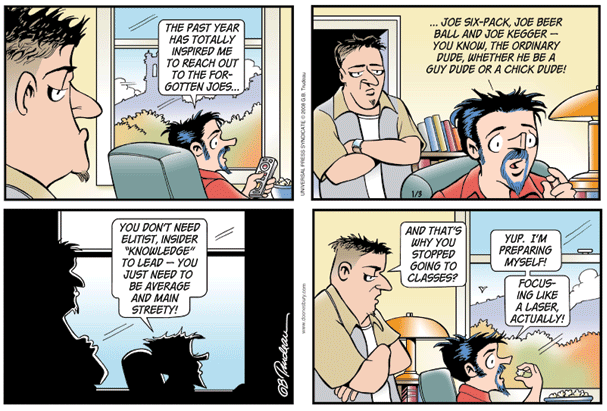Banished words
It's the beginning of a new year, so Lake Superior State University has come out with its annual list of words (well, expressions) to be banished from English. (We've had brief Language Log postings on earlier LSSU lists — at least, here, here, and here.) Yes, it's a publicity stunt, and yes, it's a steaming pile of intemperate peeving (on the evidence of the comments selected for the entries on the site), and yes, the hyperbolic conceit of the site is that not only are the compilers declaring that they despise these expressions but they are proposing that everyone should be prohibited from ever using them (not that such opinions could have any real effect on what people do; the site is all show and no consequence.)
Read the rest of this entry »
Permalink Comments off



